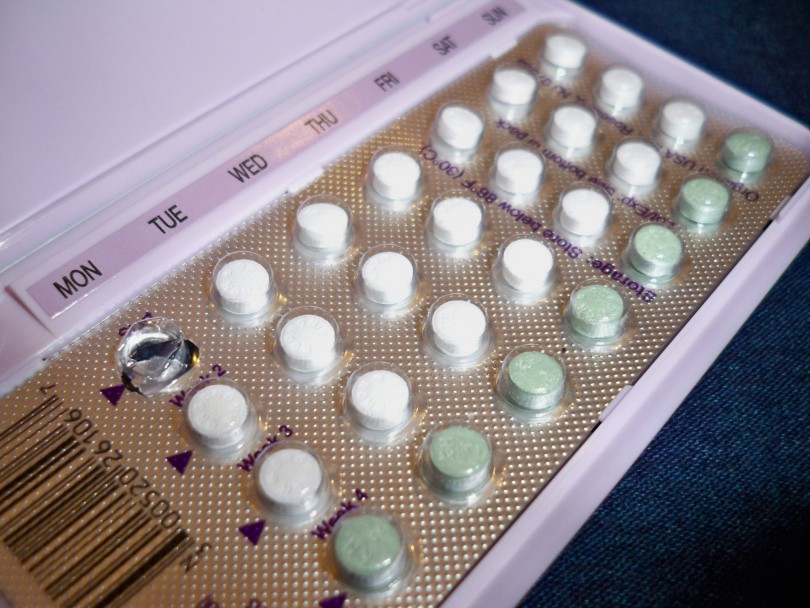Contraceptive pills have prevented an estimated 200,000 cases of endometrial cancer over the past 10 years, according to a new study released today.
The Lancet Oncology Journal study also found women who spend 10 years or more on ‘the pill’ can find their cancer risk cut in half.
Associate Professor Karen Canfell, a researcher at Cancer Council NSW, said the protective effect of the pill could last “30 years or longer”, meaning women at highest risk of cancer, such as post-menopausal women over 50, could still be protected years after stopping contraceptive pills.
“This long-term protective effect is so important because it shows that women have an important reduction in risk at the times they are most at risk,” she said.
The study included data from more than 27,000 women with endometrial cancer, with the collaborative effort including more than 115,000 other women across Asia, North America, Australia and Europe.
Professor Canfell said while it’s difficult to predict how contraceptives will influence cancer prevention research in the future, this study will be able to inform the “overall picture” in discussions women might have with their doctors about the pill.
“It will reassure older women in their post-menopausal years that their contraceptive decisions as younger women have had a beneficial effect on their risk now.”
In spite of today’s good news, recent BMJ studies have highlighted the pill’s negative effects, with users of the newest generation of pills 1.5 times more likely to suffer blood clots.
Popular contraceptive pill brands Yasmin and Diane 35-D were considered the culprits for increasing numbers of serious venous thrombo-embolisms in women on contraceptives.
Having used contraceptive pills for seven years, VCA fine arts student Alissa Tothpal said when she hit her twenties, her pill caused “sporadic bleeding and hormonal swings” until she changed prescriptions months later.
“Another friend experienced depressive episodes and thoughts of self-harm on the pill because it mucked up her hormones,” she said. “If I was having hormonal trouble again, I wouldn’t stay on the pill just because of a slightly reduced risk of cancer in the future.”
The Lancet study found no variation in rate of reduction in cancer risk across all races, socio-economic classes and weight brackets.
Image credit: TheStarshine via Flickr

